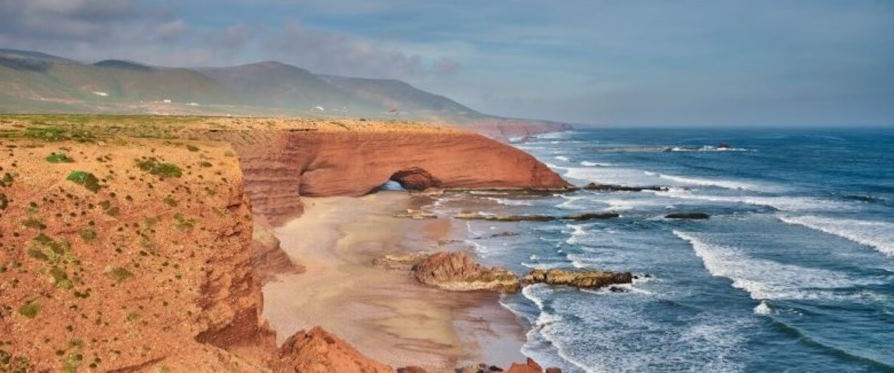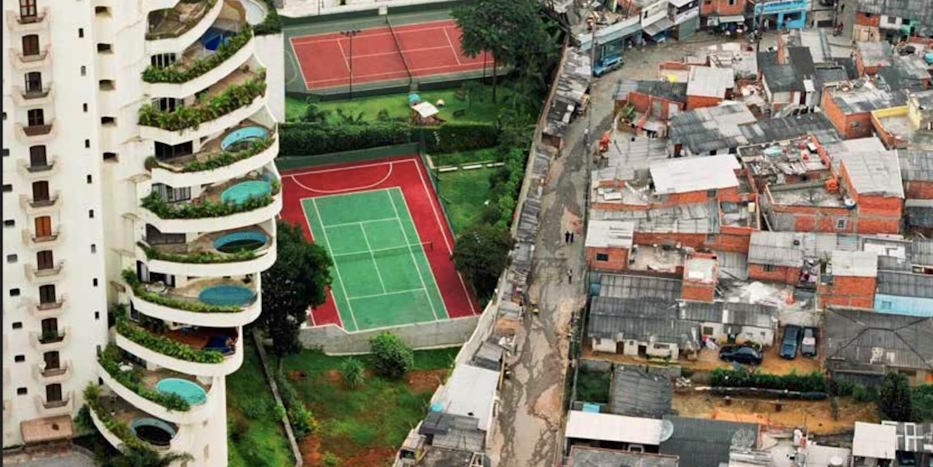Climate change is a global crisis that knows no borders. However, its impacts are not distributed equally, with the world’s poorest countries often bearing the brunt of its consequences. These nations, already grappling with poverty and limited resources, face immense challenges in dealing with climate change’s environmental and socioeconomic impacts. The plight of poor countries in the face of climate change highlights the urgent need for global action and support to address environmental inequality and promote climate justice.
Vulnerability to Extreme Weather Events
Poor countries are disproportionately vulnerable to extreme weather events, such as hurricanes, floods, and droughts. Limited infrastructure, inadequate early warning systems, and weak disaster response mechanisms make it difficult for these nations to cope with the devastating impacts of such events. The loss of lives, destruction of homes and infrastructure, and disruption of livelihoods further exacerbate poverty and hinder long-term development.
Food Security and Agricultural Challenges
Climate change poses significant threats to food security, particularly in poor countries heavily dependent on agriculture. Rising temperatures, erratic rainfall patterns, and increased pests and diseases harm crop yields and livestock production. It leads to food shortages, malnutrition, and increased vulnerability for marginalized populations. Poor countries often lack the resources and technologies to adapt their agricultural practices to climate change, exacerbating their challenges.

Rising Sea Levels and Coastal Erosion
Many poor countries are in low-lying coastal areas, making them highly susceptible to rising sea levels and coastal erosion. Small island nations, in particular, risk losing their landmass and being displaced due to sea-level rise. The loss of habitable land, infrastructure, and freshwater resources further exacerbates poverty and increases the vulnerability of affected communities. These countries require substantial support to develop adaptive strategies and protect their coastal areas.
Limited Access to Clean Energy
Poor countries often lack access to clean and affordable energy sources, forcing them to rely on fossil fuels and traditional biomass for cooking and heating. It contributes to greenhouse gas emissions and poses health risks due to indoor air pollution. Transitioning to clean energy sources is essential for mitigating climate change and improving the quality of life for communities in these countries. However, financial and technological barriers hinder their ability to adopt renewable energy solutions.
Insufficient Climate Finance and Support
Despite being the least responsible for climate change, poor countries often receive inadequate financial support to mitigate and adapt to its impacts. The promised climate finance and technology transfer from developed nations have fallen short of the commitments made under international agreements. Insufficient funding restricts this country’s ability to invest in climate-resilient infrastructure, sustainable agriculture, and climate change adaptation measures, perpetuating environmental inequality.
By recognizing and addressing poor countries’ environmental challenges, we can work towards a more equitable and sustainable future. Through collective efforts, we can promote climate justice, empower vulnerable nations, and create a world where no one is left behind in the fight against climate change.


